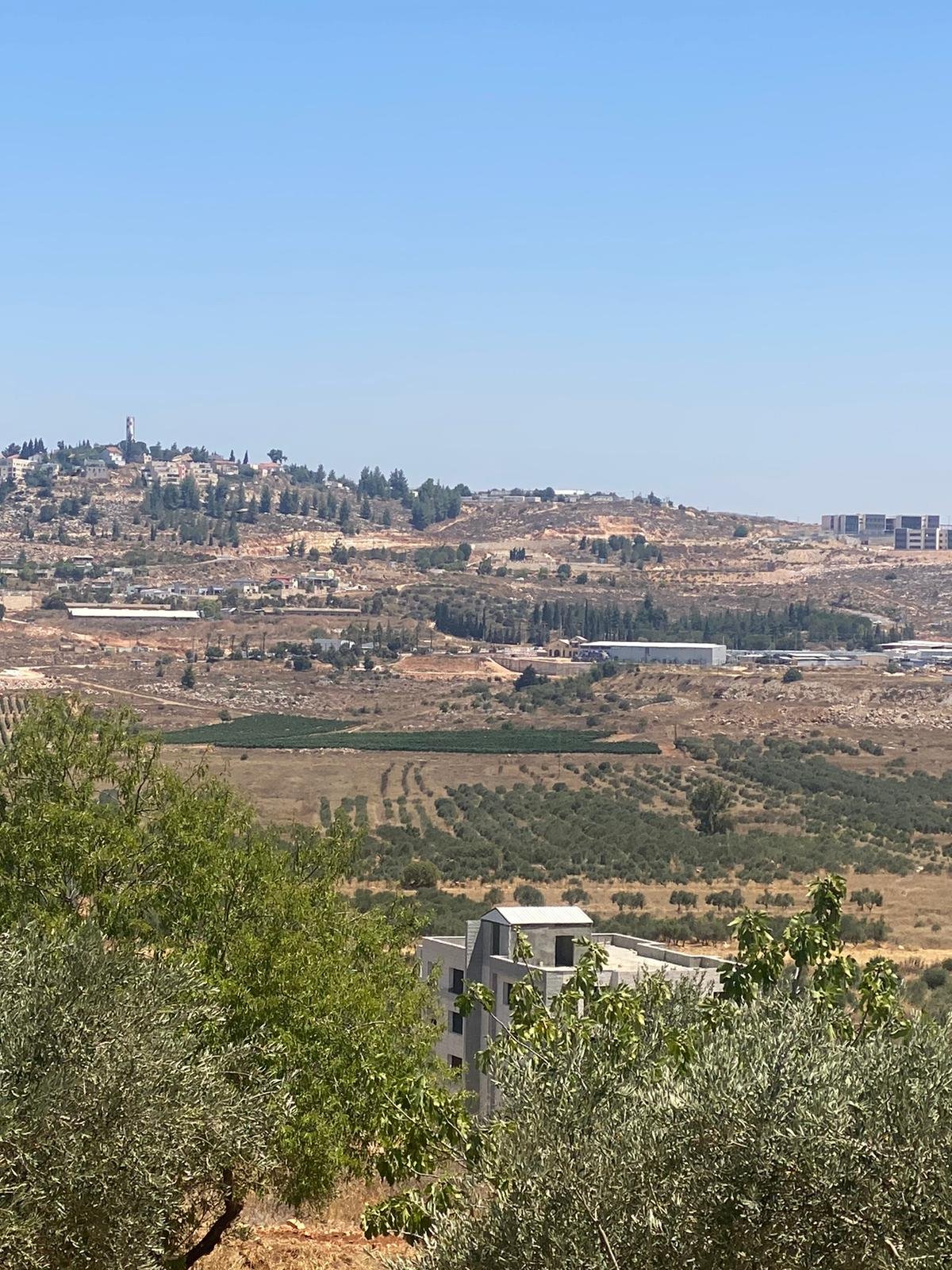GIADA
Al Haq
During my 4-week internship at Al Haq Centre for Applied International Law in Ramallah, I participated in the Human Rights advocacy training and internship program.
I had the opportunity to be involved in several activities, including field trips, lectures led by Al Haq staff on legal documentation, reports and advocacy.
In addition, I was able to attend a screening of the ICJ advisory opinion alongside the team I was working with, which allowed me to deepen my understanding of the ruling and engage in discussions about its implications.
The stimulating, engaging and friendly environment allowed me to widen my knowledge of International Law, Human Rights violations monitoring, documentation and advocacy. However, what stood out most was the possibility to witness HR violations firsthand: this gave me a far deeper understanding of how to address them and take meaningful action.
Field trip:
We went to visit the village of Turmus Ayya (اّترمسعي(, north – east of Ramallah. It is a wealthy village, that nevertheless, is forced under occupation and apartheid, and which has seen an important increase in the number of settlements surrounding it.
We had the opportunity to visit the Municipality and talk face-to-face with the mayor, who expressed serious concerns about the evolution of the situation in the West Bank, mainly due to the increase of violence from settlers. Regarding this, he showed us a video of one of the last violence episodes, where several settlers entered the village and started shooting, throwing rocks, screaming and harassing Palestinians. Hereby you can find a link to the video, and a picture from the same place when we went to visit it. In the background of the picture, you can recognize the houses of the settlers by the lack of water tanks on their rooftops.
In the same municipality, we had another stop in front of a huge field full of olive trees. We have then been told that the owner and residents are no longer allowed to enter to take care of and water their plants. After all, even before, they only were allowed to water their plants 1 – 2hours per week. The reasons? Increased restrictions, permits, settler violence and settlements surrounding the area. If they tried to access their land, now, they would be pushed out, if not attacked, in less than 20 minutes. From the picture below, you can easily notice all the settlements surrounding the area, having a direct view of the field.
Afterwards, we stopped in a street from which we had a great view all around the Palestinian landscapeand its olive trees. However, the reason for the stop was for us to be able to see the village of Nebi Samwil (4 ,)صموئي النبي km away from Jerusalem. Nevertheless, the people living in this village cannot reach Jerusalem or any other city/village: they found themselves in an enclave. In fact, to exit they must pass through the Jib checkpoint that requires a permit which is rarely given. Moreover, residents from other villages are not allowed to enter anymore, leaving the community confined within itself. Here you can find a written report of Al Haq “Hidden in Plain Sight: the Village of Nabi Samwil” and a video report.





